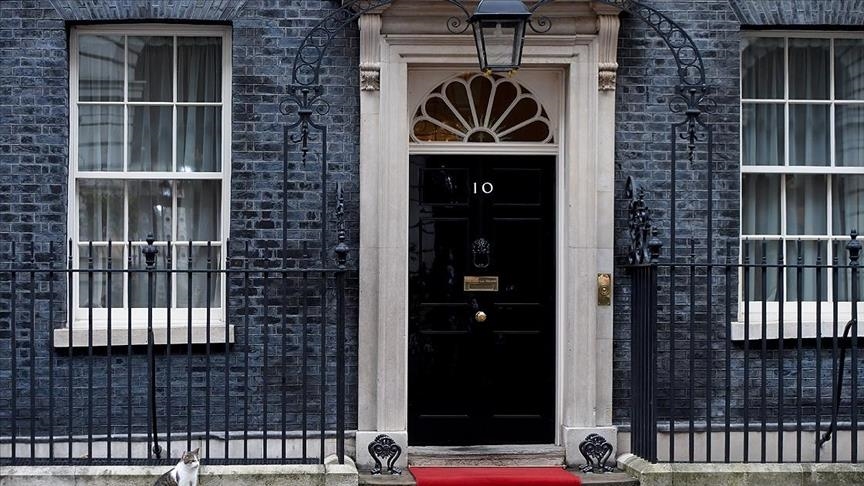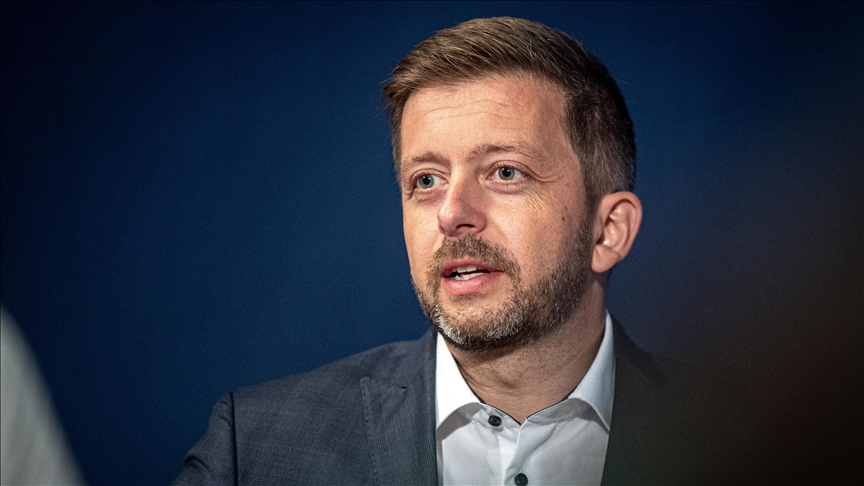Agreement reached on refugee repatriation from Iraq
Raymond Hall, European director of United Nations High Commission for Refugees, said the refugees in Makhmur camp would be informed about precise conditions for their return to Turkey once the agreement was formally signed. The refugees’ safety would be assured.
Officials from the United States, Turkey, Iraq and the U.N. refugee agency reached agreement Friday on repatriating thousands of Turkish Kurds who crossed into Iraq in early 1990s to escape fighting between Turkey’s military and Kurdish rebels.
Most of the estimated 9,000 Turkish Kurds living at the Makhmur refugee camp, southwest of Irbil, fled into northern Iraq in 1994, originally settling at a refugee camp. But the U.N. refugee agency closed that camp down in 1997 on grounds that Kurdish rebels had taken it over.
Another 3,000 more Turkish Kurds are scattered about northern Iraq.
Raymond Hall, European director of United Nations High Commission for Refugees, said the refugees in Makhmur camp would be informed about precise conditions for their return to Turkey once the agreement was formally signed. The refugees’ safety would be assured.
The refugees would be repatriated to the villages they evacuated in southeastern Turkey in UN convoys carrying up to 250 people per month. The repatriation was expected to begin as early as in two months and the refugees’ return would be on a voluntary basis, officials said.
In a press release issued on Thursday, the UNHCR announced that a broad agreement had been reached between the governments of Turkey and the United States, Iraqi authorities and the UNHCR on a text concerning the organized voluntary return of Turkish Kurd refugees in Iraq to their homes in Turkey in conditions of safety and dignity.
One important objective of the agreement is the creation of a framework that would allow the refugees to make an informed decision on voluntary return. The UNHCR had been working in close cooperation with the Turkish and U.S. governments as well as with Iraqi officials to draft such an agreement. The UNHCR’s mandate is to provide international protection to refugees and to find durable solutions to the problems of refugees. Voluntary repatriation, where feasible, constitutes the preferred durable solution.
At a joint press conference held at the Foreign Ministry the parties announced that the agreement would be signed after obtaining approval from the relevant bodies.
Turkish representative Daryal Batibay, the director of the Foreign Ministry multilateral political issues department, stated that their objective is to ensure the voluntary and organized return of approximatively 13,000 Turkish Kurd refugees, 9,000 from the Mahmour camp, to Turkey. Responding to a question, Batibay further stated that a "return calendar" had not yet been determined and added that the agreement would be signed after Cabinet approval.
Iraqi Displacement Minister Khudayir indicated that the Iraqi ministry’s decision would be the most important aspect ensuring the return of the refugees.
Raymond Hill, the UNHCR European office director, emphasized that the return process would be voluntary, secure and transparent. Hill also stated that the refugees in the region should be informed about conditions in Turkey.
U.S. Assistant Secretary of State for Population, Migration and Refugees’ Issues Arthur Dewey stated that they expected the majority refugees in the region to return to Turkey.
U.N. officials regularly visited the Makhmur camp, but security concerns following the bombing of the U.N. headquarters in Baghdad in August prompted a pullout of most U.N. workers from Iraq.



